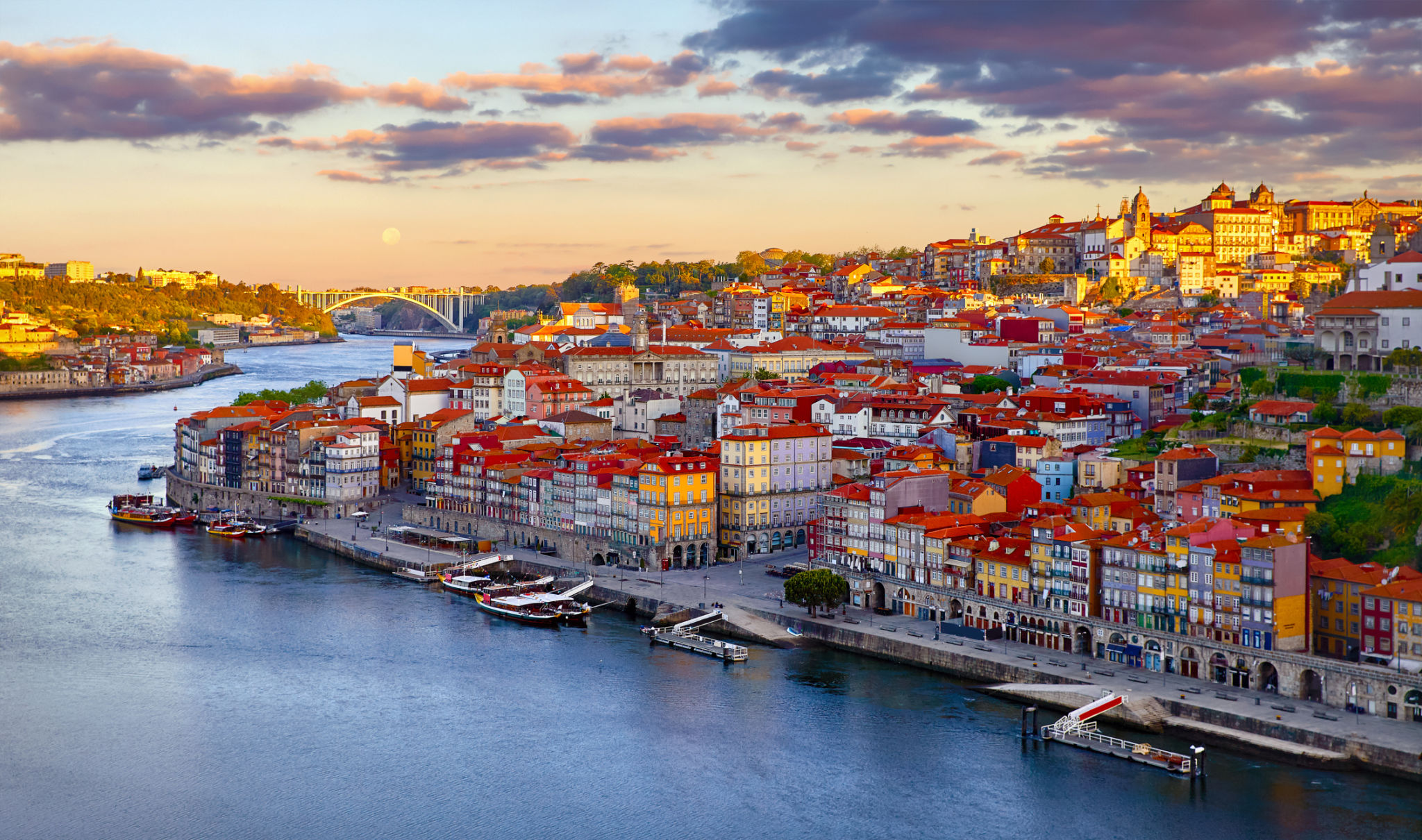The Ultimate Guide to Property Development in Portugal: Opportunities and Challenges
Portugal has emerged as a prime destination for property development, offering a blend of stunning landscapes, rich culture, and favorable investment conditions. This guide explores the opportunities and challenges in the Portuguese property market, providing insights for both seasoned developers and newcomers.
Recent years have seen a surge in interest from international investors, drawn by Portugal's appealing Golden Visa program, which grants residency to non-EU nationals who make significant property investments. This initiative has bolstered the real estate market, creating numerous opportunities for development.

Identifying Opportunities in Portugal
Key Growth Areas
The Lisbon and Porto metropolitan areas are at the forefront of Portugal’s property boom. In Lisbon, the historic charm coupled with modern amenities makes it ideal for both residential and commercial projects. Porto, known for its wine and vibrant culture, offers great potential for tourism-related developments.
Beyond these cities, the Algarve region is renowned for its scenic beauty and thriving tourism sector. Property development here can capitalize on the demand for holiday homes and luxury resorts. Additionally, lesser-known areas like the Alentejo coast are gaining attention for their unspoiled landscapes and potential for eco-friendly projects.
Types of Developments
Portugal’s property market offers diverse opportunities, from urban regeneration projects to luxury coastal resorts. Residential developments are particularly promising, as the demand for housing continues to rise. Sustainable and green building practices are also becoming increasingly popular, aligning with global trends towards environmentally conscious construction.

Navigating Challenges in Property Development
Regulatory Environment
Understanding the regulatory framework in Portugal is crucial for successful property development. The country has streamlined many of its bureaucratic processes, but developers still need to navigate zoning laws and obtain necessary permits. Working with local legal experts can facilitate this process and prevent potential setbacks.
Furthermore, developers must be aware of tax implications, including property transfer taxes and VAT on construction services. Portugal offers certain tax incentives, especially for projects that contribute to urban rehabilitation or sustainable development.
Market Dynamics
The Portuguese property market is highly dynamic, influenced by economic factors both domestically and globally. Developers should conduct thorough market research to understand current trends and consumer demands. While there is a robust demand for high-end properties, affordable housing is also a key area due to increasing urbanization and population growth.

Strategies for Successful Development
Partnering with Local Experts
Building strong relationships with local architects, contractors, and real estate agents can be invaluable. These professionals possess deep knowledge of the local market and cultural nuances, which can enhance project success. Collaborative ventures not only mitigate risks but also provide insights into local preferences and trends.
Additionally, engaging with community stakeholders can lead to more socially responsible developments that align with local needs and expectations.
Embracing Innovation
Incorporating innovative technologies in property development can provide a competitive edge. Smart home technology, sustainable building materials, and energy-efficient designs not only appeal to modern buyers but also contribute to long-term savings and environmental sustainability.
In conclusion, while property development in Portugal offers promising opportunities, it requires careful planning and strategic execution. By understanding the market dynamics, navigating regulatory challenges, and leveraging local expertise, developers can successfully tap into one of Europe’s most exciting real estate markets.